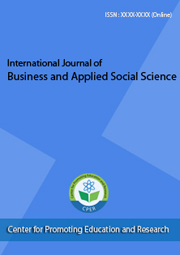Journal Menu
current
VOLUME: 11; ISSUE: 10; OCTOBER: 2025
Table of Contents
Articles
Author(s): François Kodena, PhD
Full Text
522 569
522 569






